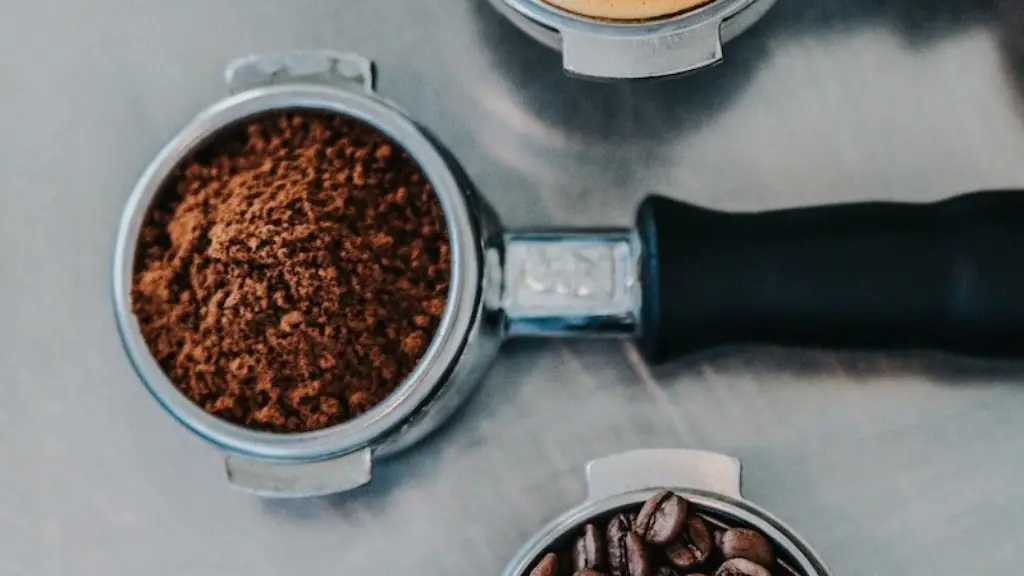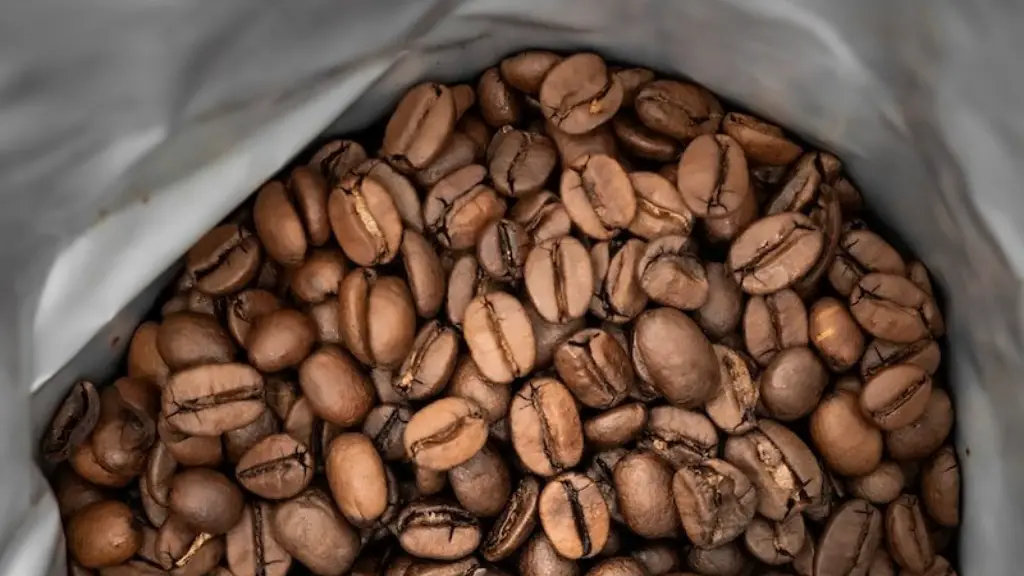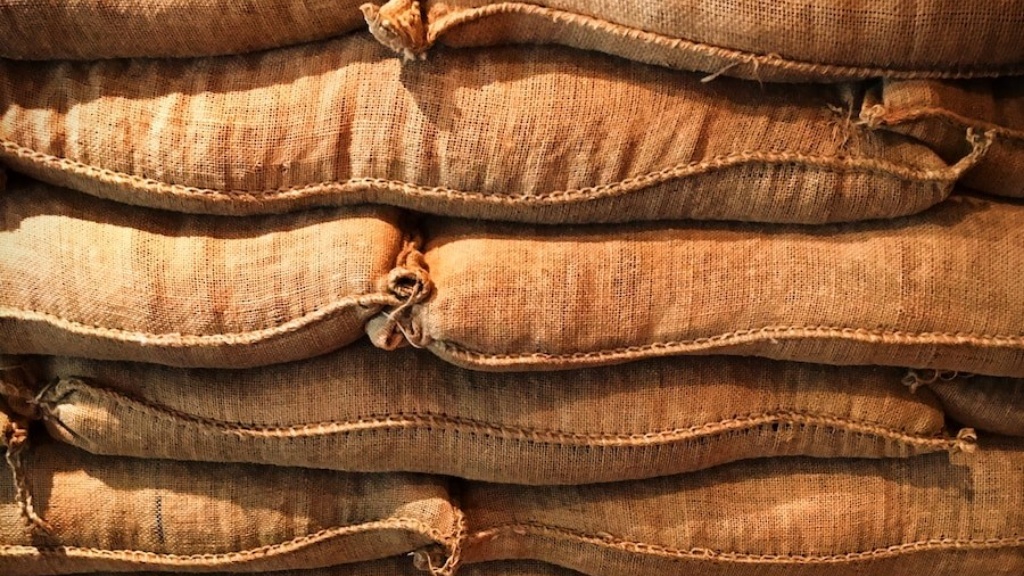Can I Drink Coffee During a Fast? Fasting has become an increasingly popular way to lose weight, detox, and promote better health. In some fasting plans, fasting means abstaining from all food and drink for designated days or periods of time. But what about coffee? Can you drink coffee during a fast? Let’s explore the facts and research to answer this question.
Caffeine and the Effects on Fasting
Caffeine is a naturally occurring stimulant found in numerous food items, including coffee. In general, if your goal is to get the most benefits out of fasting, it’s important to avoid caffeine and other stimulants. Caffeine can deplete you of energy during fasting, as it increases cortisol levels and causes a short-lived boost in adrenaline that can leave you feeling worse than before. This is due to the stimulant effects of the caffeine.
Also, if you are fasting for weight loss or to detox and improve your health, it’s best to give your body a break from consuming caffeine while fasting. Your body needs to rest and recover from the effects of caffeine in order to gain the maximum benefits from fasting. Therefore, if you are fasting, it’s best to abstain from caffeine for the duration of the fast.
Experts’ Perspectives
Experts are divided in their opinions about the use of caffeine during a fast. Some experts believe that caffeine can be used in careful moderation during a fast and still allow one to reap the weight loss and health benefits. Other experts strongly advise against using any caffeine during a fast, arguing that it can interfere with the body’s ability to fully recover and detoxify itself.
John, a nutritionist and wellness coach, believes that everyone is different and that you need to know your own body and how it responds to caffeine. “For some people, a small amount of caffeine can provide a mental boost that can be beneficial during a fast. For others, any amount can interfere with their ability to reap the full benefits of their fast. It’s best to experiment with a fast and see how your body responds, and then adjust the amount of caffeine accordingly.”
Caroline, a registered dietitian, is a firm believer that caffeine should not be included in any type of fast. “Caffeine is a drug, and it can interfere with the body’s ability to properly digest and absorb the nutrients from food. It also disrupts the body’s natural detoxifying process. Fasting is an opportunity for the body to reset and heal from the stress of everyday life – it should not be used as an opportunity to consume drugs like caffeine.”
My Opinion
Speaking from personal experience, I believe that it is best to abstain from caffeine during a fast. My body reacts negatively to caffeine in general, and I find that I feel worse if I consume any during a fast. I also find that my fasting “results” are much more noticeable when I abstain from caffeine during the fast. Therefore, I believe that it is best to take a break from caffeine while fasting, if you want to experience the most benefits.
Types of Fasting
There are several types of fasting that can be done, including intermittent fasting (IF), alternate day fasting, and water and juice fasts. Intermittent fasting is the most popular type of fasting, and it involves regular, short-term fasts (usually lasting 16 to 24 hours) that are repeated periodically over the course of a few days or weeks. During an intermittent fast, it is best to abstain from caffeine and all food and drink, including water, for the entire duration.
Alternate day fasting is similar to intermittent fasting, but it involves fasting for 24 hours and then eating normally for 24 hours. Again, it is best to avoid all forms of food and drink, including caffeine, during the fasting period. Finally, a water or juice fast involves abstention from all food and drink except water or freshly squeezed juice for a few days or week. Caffeine is not allowed during any kind of fast.
Benefits Of Fasting
There are numerous benefits to fasting, including weight loss, improved metabolism, increased energy levels, clearer skin, and improved mental clarity. Fasting can also help to reset the body’s natural balance and detoxify the body from toxins and processed foods. When done properly, fasting can help you to achieve a healthier lifestyle and greater overall wellbeing.
Fasting can also be a great way to kickstart a new eating plan or health routine. By abstaining from food and drink, including caffeine, you can break any unhealthy habits and reset your taste buds. This can also help you to be more mindful of the foods you are eating and eventually develop better eating habits.
Side Effects Of Fasting
While fasting can be beneficial, it is important to be mindful of the potential side effects of fasting. For example, some people experience headaches, dizziness, irritability and fatigue when fasting. This is due to the body’s sudden lack of food and lack of essential nutrients. It is important to drink plenty of water and get enough sleep when fasting to mitigate these side effects and stay hydrated.
It is also important to note that fasting is not suitable for everyone. Women who are pregnant or breastfeeding, children, and people with certain medical conditions should not fast without consulting their physician first. Additionally, people with underlying medical conditions, such as diabetes, should talk to their doctor before attempting to fast.
Alternatives To Fasting
If you wish to avoid fasting, there are several alternatives that can provide similar health benefits. For example, eating smaller portions or a plant-based diet can provide the same weight-loss and health advantages. Additionally, reducing your intake of processed foods and sugary drinks can help improve your overall health and wellbeing. Finally, eating more whole foods and avoiding processed foods can help reduce your exposure to toxins and support your digestive system.
Conclusion
In conclusion, it is best to abstain from caffeine and all food and drink during a fast, if you wish to reap the full benefits of fasting. However, it is important to remember that everyone’s body is different and that it is best to consult with a doctor before attempting any type of fast. Additionally, alternatives to fasting such as eating smaller portions or a plant-based diet can still provide similar health benefits.




